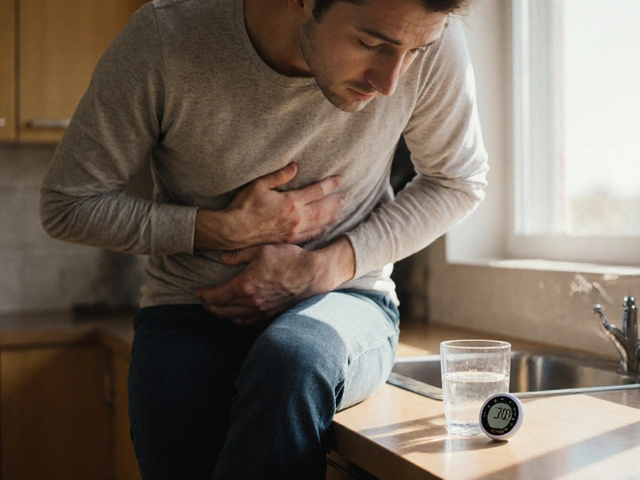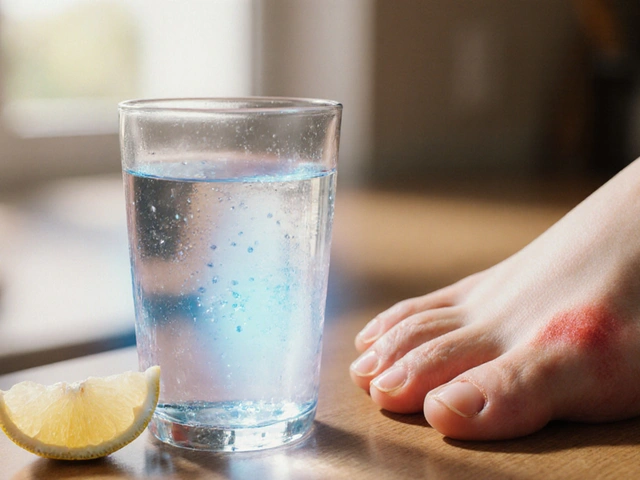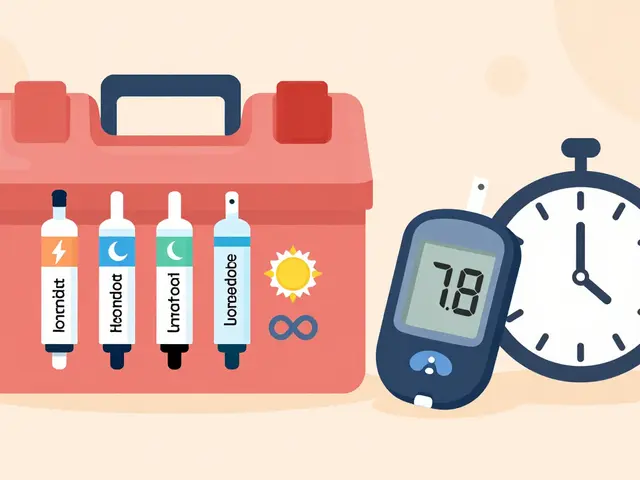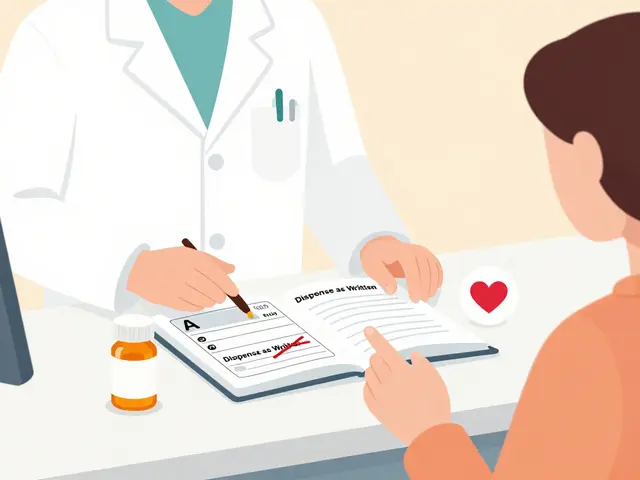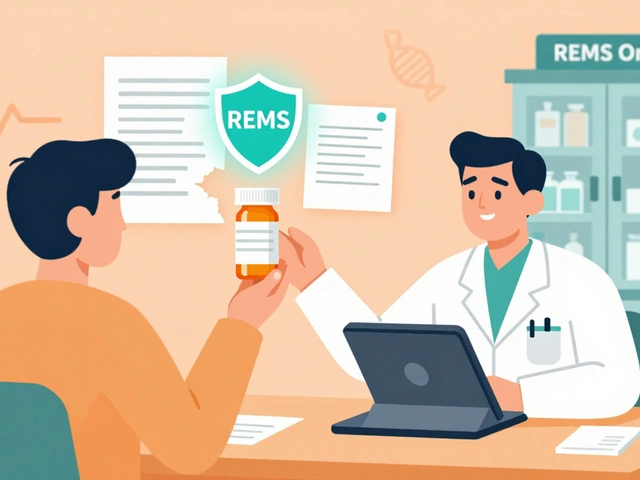Medication handling: simple rules to keep meds effective and your family safe
Wrong handling ruins medicines and can harm people. Small habits—where you keep a bottle, how you split a pill, or how you pack meds for a trip—change how well a drug works and how safe it is. Read these practical tips you can use today.
Store smart: temperature, light, and moisture
Most pills do best at room temperature (15–25°C / 59–77°F) in a dry place. Bathrooms and kitchen counters are often too humid or hot. Keep meds in their original containers with labels visible. That preserves expiry dates, batch numbers, and dosing instructions you might need later.
Some medicines need refrigeration—insulin, certain eye drops, and vaccines. If a refrigerated medicine warms during travel, check the leaflet or ask your pharmacist before using it. Avoid direct sunlight; heat and UV light can break down active ingredients fast.
Dosing and administration: accuracy matters
Use the right tool for liquid meds—an oral syringe or dosing cup, not a kitchen spoon. When tablets say "do not crush," follow that rule; coatings control where and how a drug releases. If you must split a tablet, use a pill splitter for even doses. If you’re unsure about dose timing with food or alcohol, check the patient leaflet or call your prescriber.
Keep a pill schedule or an app to avoid missed or double doses. For complex regimens, write down times, pills, and indications (for example, "morning: blood pressure, evening: thyroid"). That helps both you and family caregivers stay on track.
Be careful with leftovers. Stopping a course early—especially antibiotics—can breed resistance and leave infections untreated. Finish the prescribed course unless your clinician tells you otherwise.
Watch interactions. Combining meds with over-the-counter painkillers, supplements, or alcohol can change effects or cause harm. Tell your pharmacist about all medicines you take, including vitamins and herbal remedies.
Traveling? Pack medicines in carry-on luggage and keep them in original packaging. Bring a short note from your prescriber listing active ingredients and doses—this helps at security checkpoints and if you need medical care abroad.
Disposal: don’t flush or toss carelessly. Many towns run medication take-back programs or pharmacy drop boxes. If none exist, mix pills with undesirable material (like used coffee grounds), seal them in a bag, and throw them in the trash. Remove personal info from labels before recycling or throwing out containers.
Finally, buy meds safely online. Use licensed pharmacies, check reviews carefully, and avoid sites that don’t require a prescription for prescription-only drugs. If something looks too cheap or shipping times are suspicious, walk away and ask your pharmacist for trusted options.
Handle meds with attention: store them right, measure doses accurately, dispose responsibly, and ask questions when unsure. Those small choices reduce risk and keep treatments working as they should.
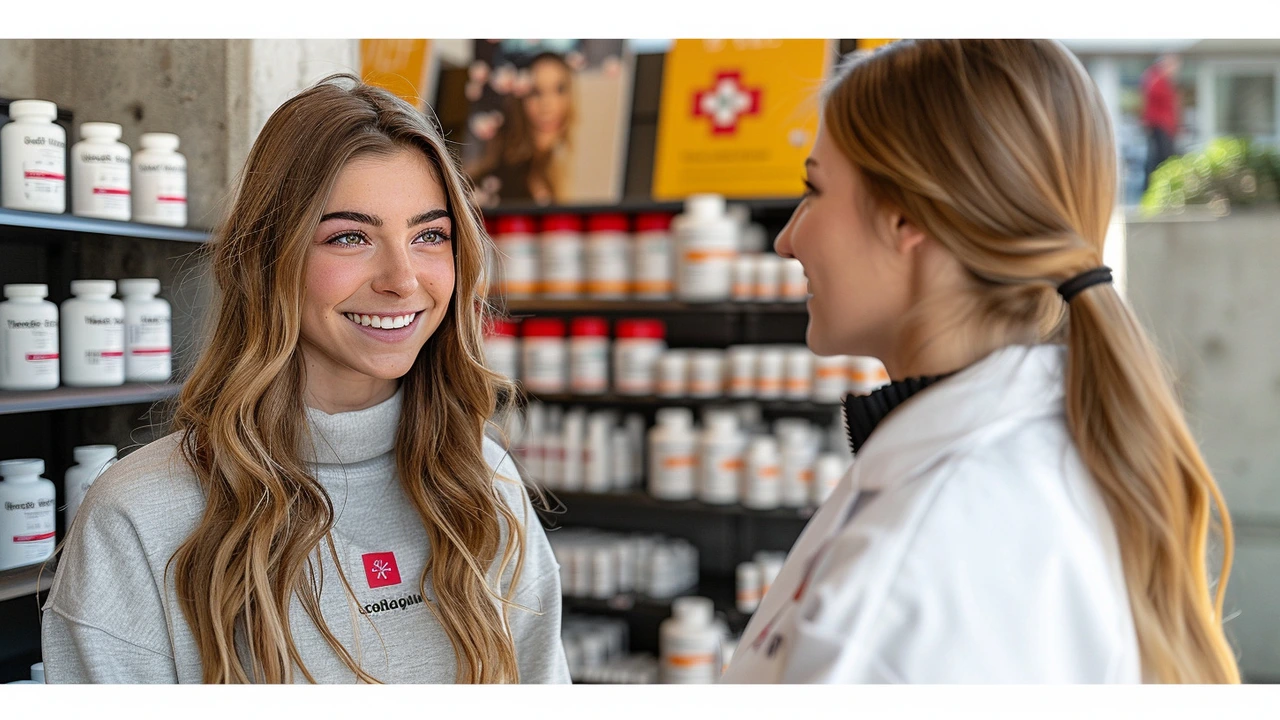
How to Store and Handle Tacrolimus Medication Effectively
Storing and handling Tacrolimus medication properly is vital for its effectiveness. Learn practical tips and essential information on maintaining the potency and safety of this important medication. Understand key factors like temperature, humidity, and proper packaging to ensure optimal storage. Get helpful insights on what to avoid and best practices for handling Tacrolimus.
View More
